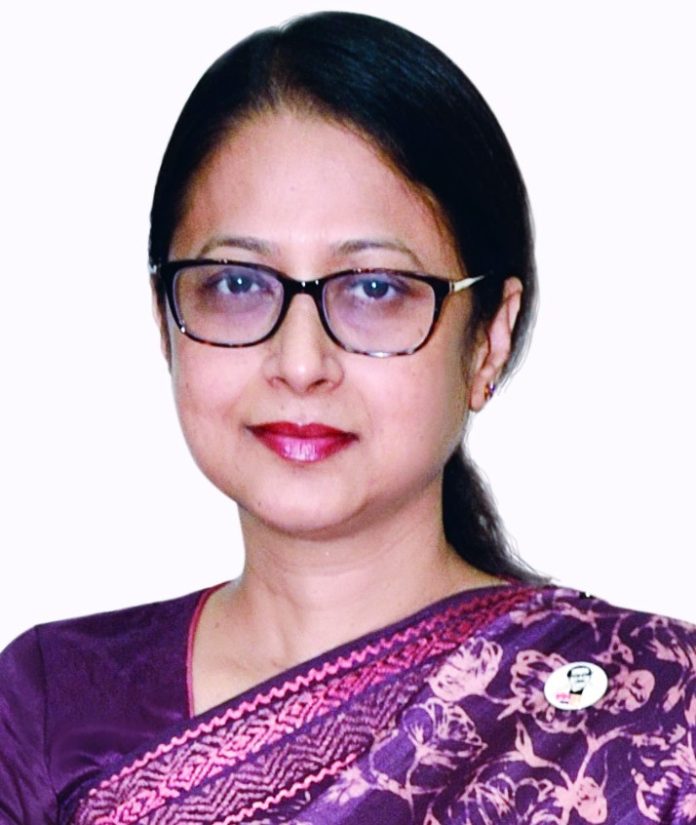The COVI19 pandemic has reshaped the world exposing vulnerabilities in social protection systems – forcing governments to re-evaluate the impacts on their citizens, particularly the vulnerable and marginalised communities.
Asian Development Bank’s Vice President (Sectors and Themes), Fatima Yasmin said the events of the last few years have highlighted the critical need for social protection – and the importance of developing adaptive and shock responsive systems.
“But, COVID-19 is not the only challenge we face. The world has faced a series of crises, from geopolitical events such as the Russian invasion of Ukraine to disruptions in global supply chains, rising fuel and commodity prices, and the escalating frequency of climate related disasters. Through it all, social protection has emerged as a vital instrument, safeguarding our most vulnerable populations. It can provide short-term crisis responses; and enable pathways to long-term resilience, human capital development, and well-being, said Yasmin at the opening of the three day Asia Pacific Social Protection Week in Manila Tuesday.
She said additional and profound challenges facing the Asia Pacific region that require immediate attention are rapid population aging, addressing the impacts of evolving technology, jobs and labour markets and the pressing need to transition to low carbon economies.
At the plenary session to discuss how social protection systems are helping countries cope with not only protecting incomes and livelihoods but also save lives, Philippines and Pakistan shared their own experiences on using digital technology effectively to reach vulnerable communities during the COVID pandemic.
With instruction from the Office of the President of Philippines, the government was directed to digitise all social welfare hand-outs, said Rex Gatchalian, Philippines Secretary for Social Welfare and Development.
“During COVID, we set up welfare pay-out centres, people were there in droves, lining up in the streets to collect 3,000 pesos and food boxes, violating COVID protocols.
“We then coined a new line – go online than fall in line – to reflect the power of digitising cash transfers and other government assistance.
Government was able to reach and assist 4.4 million people that were impacted by the health pandemic.
In Pakistan, the government there paid out USD$1 billion in social welfare cash transfer and other social welfare benefits to 15 million people.
Yusuf Khan, the Secretary of the Ministry of Poverty Alleviation and Social Security in Pakistan said government recognised that cash transfer will not go on forever – and has put in place poverty graduation mechanisms to manage expectations.
“We have given them skills, loans and a conducive environment to get out of poverty.
“The cash transfers are for survival for the moment, and not forever, said Khan.
The Asia Pacific Social Protection Week conference continues in Manila until the end of the week. Over 400 delegates from ADB’s 33 developing member countries and 26 development partners working on social protection are attending the conference.
SOURCE: PACNEWS














